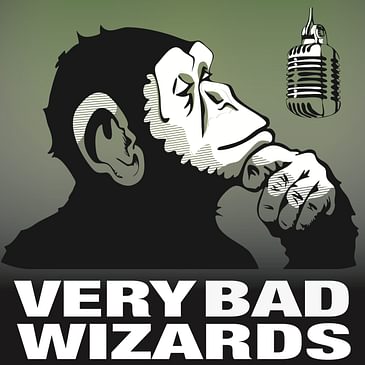A VBW exclusive report! For years David and Tamler have been a little dismissive of fears about cancel culture in academia but now the SJWs have come for one of our own! We welcome back Yoel Inbar to talk about his experience applying for a position at UCLA psychology only to have his candidacy pulled at the last minute because of remarks he made on his podcast (!) about diversity statements. What does this mean for freedom of expression in academia? Should we advise our students and younger faculty to watch what they say when it comes to politically charged topics? Are they really going to start combing through podcast episodes now – is nothing sacred?
Plus another case of fraud in psychology comes to light courtesy of the Data Colada guys.
Data Colada post about Gino fraud
Sponsored by:
- BetterHelp: You deserve to be happy. BetterHelp online counseling is there for you. Connect with your professional counselor in a safe and private online environment. Our listeners get 10% off the first month by visiting BetterHelp.com/vbw. Promo Code: VBW
- Rocket Money: Stop throwing your money away. Cancel unwanted subscriptions, and manage your expenses the easy way, by going to RocketMoney.com/vbw. Promo Code: VBW
